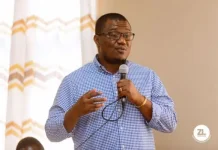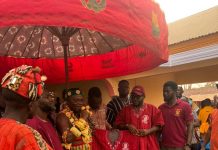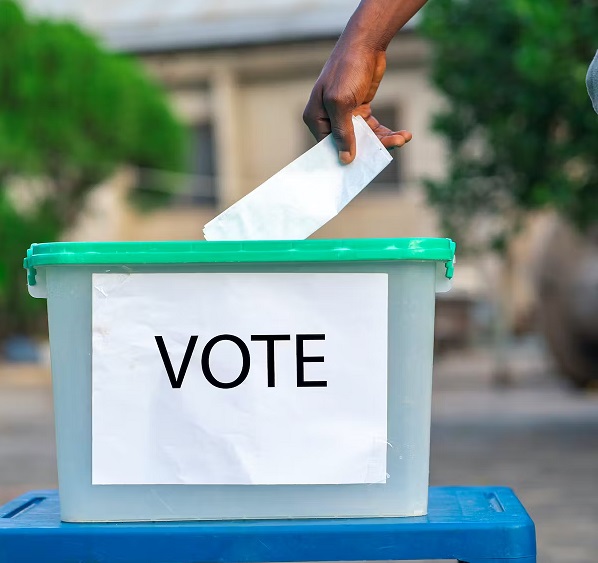Author: Peter Martey Agbeko || APR
The morning after Ghana’s December 7, 2024, elections has brought a reality check to political parties and candidates across the spectrum.
Early results trickling in reveal a seismic shift in voter behaviour, one that signals deep dissatisfaction with the status quo.
What initially seemed like an election poised to follow familiar trends has instead become a referendum on leadership, accountability, and the future of the nation.
The Voter’s Verdict
Displeasure, long simmering beneath the surface, has boiled over. From rural farming communities grappling with economic challenges to urban centers reeling from unemployment and infrastructure deficits, the message is unambiguous: Ghanaian voters are no longer content with rhetoric; they demand results.
Informal exit polls and provisional counts show an erosion of support for major parties in traditional strongholds.
Smaller parties and independent candidates, previously viewed as long shots, are pulling off surprising upsets, forcing analysts to reassess the political landscape.
Lessons Emerging
Several lessons are already evident:
• Disconnection Breeds Discontent
Campaigns heavy on promises but light on solutions have alienated voters. The electorate’s priorities—job creation, healthcare, education, and environmental protection—went largely unaddressed in meaningful terms, leaving many to feel ignored.
• Youth as a Deciding Force
A surge in youth turnout reflects a demographic no longer willing to be sidelined. Their votes have decisively influenced outcomes in constituencies once dominated by entrenched political powers.
• Accountability Above Loyalty
Traditional party loyalties have weakened. Voters, once guided by familial or ethnic affiliations, are now scrutinising candidates based on track records and tangible achievements.
• The Rise of Social Movements
Civic and social movements advocating for transparency, justice, and environmental sustainability have galvanised support. Their ability to shape the narrative and inspire action underscores a shift in how Ghanaians engage with politics.
A New Dawn or a Passing Phase?
While the results indicate a groundswell of dissatisfaction, the critical question remains: will this translate into meaningful change? The winning candidates, many of whom are political outsiders, face a monumental challenge to deliver on their promises and sustain the trust placed in them.
For the traditional political establishment, this election is a wake-up call. Misjudging the pulse of the people has proven costly. Rebuilding trust will require humility, introspection, and genuine efforts to address the grievances of the electorate.
The Road Ahead
As the nation reflects on this transformative election, one thing is certain: the Ghanaian voter has spoken loudly and clearly.
Their collective voice has reshaped the political map and sent an unequivocal message—leadership must align with the aspirations of the people.
The lessons from December 7, 2024, will reverberate for years to come. Whether they lead to a new political order or a return to complacency will depend on the actions of those entrusted with power.
Indeed, this election may be remembered not as a misstep by political elites but as a defining moment in Ghana’s democratic journey—one where the voters took the reins and changed the course of history.








































